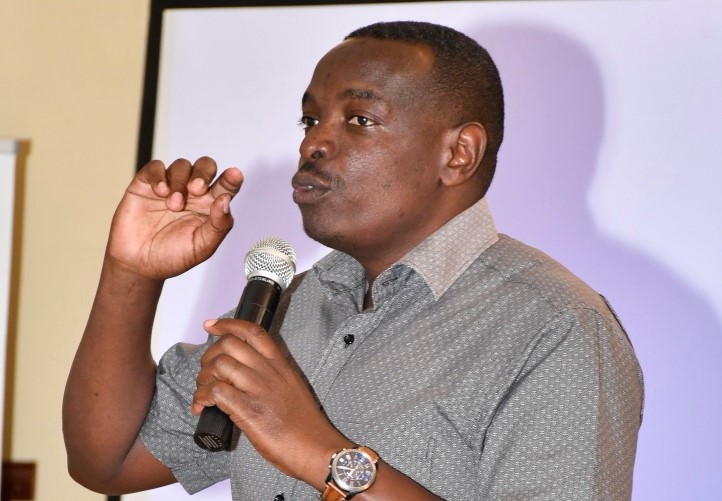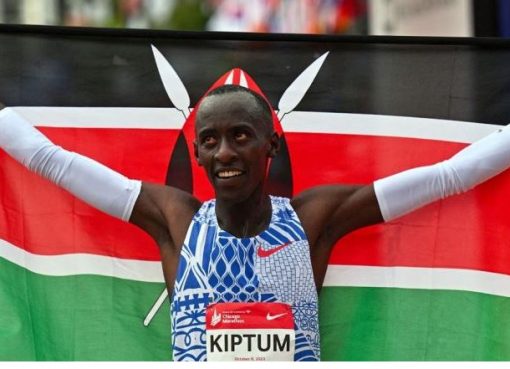The UN Women has called for enhanced women economic empowerment programmes that will drive gender equity, equality and enable the country address the surge in gender based violence.
UN Women, a global champion for gender equality, says these economic programmes reduced the risk of violence by improving women’s financial autonomy, bargaining power and self-esteem.
The agency adds that the programmes help women earn an income and own assets that have an overall role of reducing economic stress which is a frequent factor in domestic violence.
According to David Mugo from UN women, enhanced financial contributions of women to their households’ could increase their bargaining power at home, which could reduce their vulnerability to domestic violence.
Mugo said that giving women more significant economic opportunities while addressing gender norms reduce their vulnerabilities and risks of experiencing gender violence.
Mugo added that by granting financial autonomy to women, they henceforth have the means to prevent and escape abusive relationships and seek safe shelters.
He lauded the government for initiating the affirmative funds which includes Youth Fund, Women Enterprise Fund, Uwezo Fund and the National Government Affirmative Action Funds for uplifting lives of millions of Kenyans economically.
Mugo said thousands of groups have benefited from financial funding of their enterprises and ventures which have helped create wealth at the grassroots level while creating millions of job opportunities for vulnerable members of the society.
The calls to enhance women economically come amidst concerns over recent surge in gender based violence that continue to afflict pain to many survivors while draining the country billions of shillings every year.
Speaking to KNA, Mugo said one of the noted hotspots of gender based violence are Nairobi, Migori, Kilifi and parts of country where illegal Female Genital Mutilation (FGM) is still practiced.
Kilifi county, he noted, continues to register rising cases of abuse on children while sharp increase in Migori are driven by fish for sex practices, where women offer sex in exchange of fish for trade.
According to data from Nairobi based Gender Violence Recovery Centre, a total of 2,519, GBV survivors have been supported between January – August this year with 90 per cent of them being female.
Speaking to KNA, Alberta Wambua, the Executive Director at the center said the cases reported this year includes; cases of defilements 930, physical abuse 702, rape 538, sexual assaults 184, emotional assault 106, attempted rape 45 and 8 neglect cases.
Ms. Wambua said the most affected survivors fall between 10 – 19 years with the center registering 82 pregnant teenage victims, 41 survivors with disability and 72 pregnant adults since January this year.
“Our youngest sexual abuse survivor was a three-day old girl while the oldest was 105-year-old woman,” said Wambua.
The Director said the vices spiked during the Covid 19 pandemic with a record 4,067 Survivors supported between April 2020 to March 2021. The Sexual violence cases were the highest at 74.6 per cent of all cases.
Ms. Wambua said there’s need to address some of the existing challenges in order to tackle the vice including providing safe avenues to allow survivors to report abuses, change of normalized behaviors such as a wife beating among others.
By Erastus Gichohi



